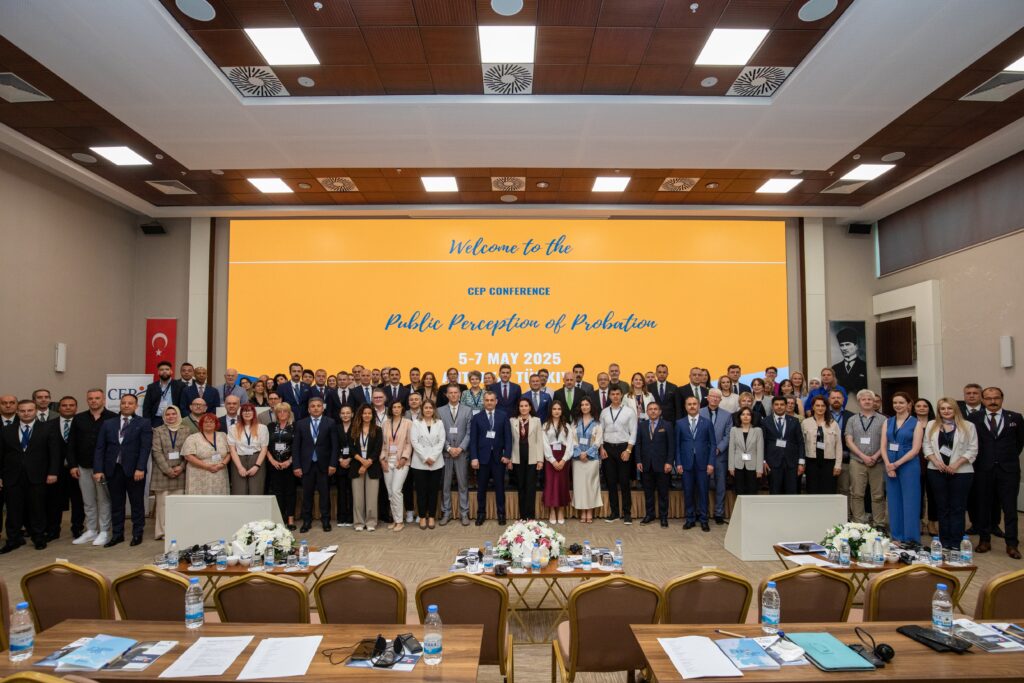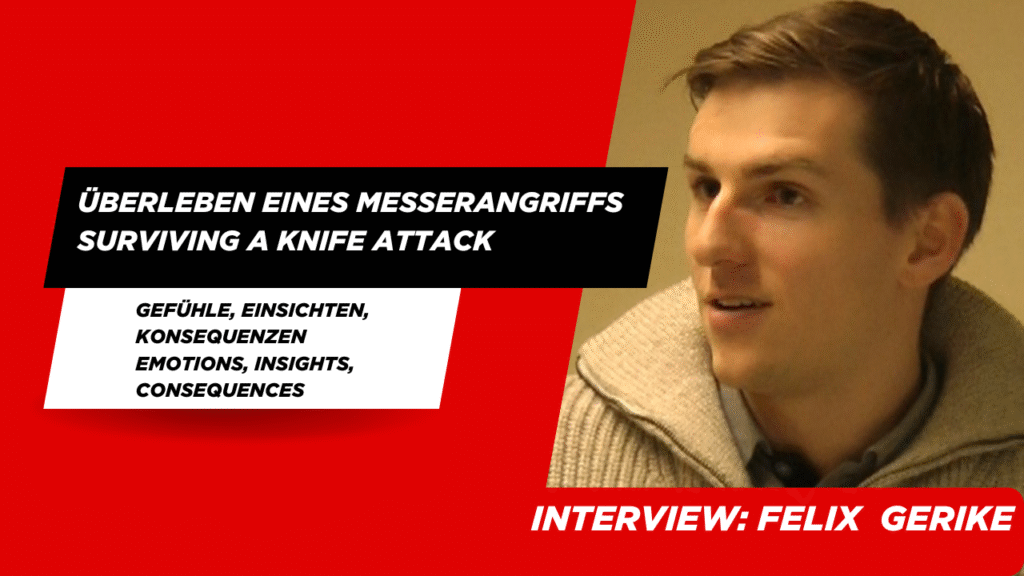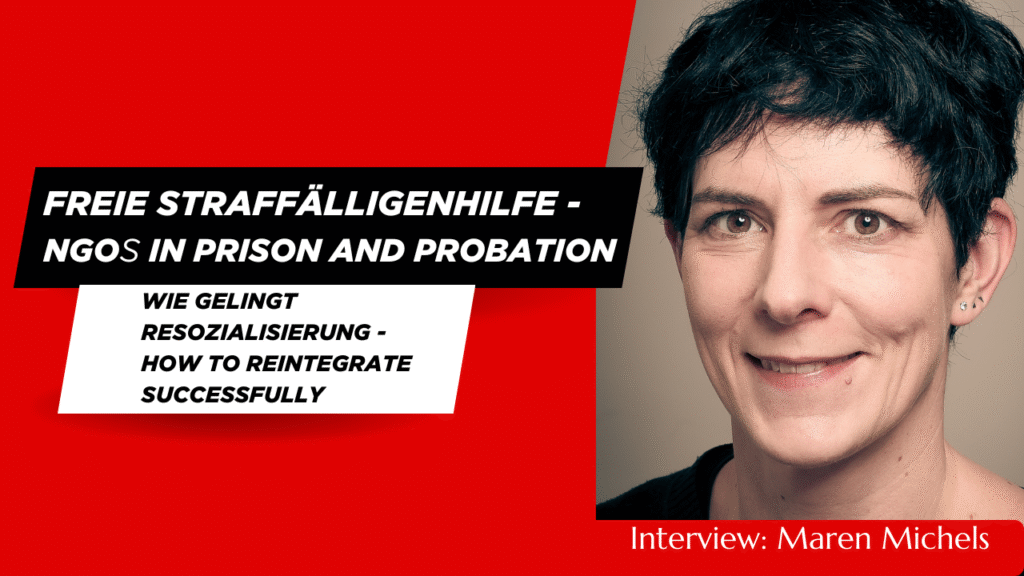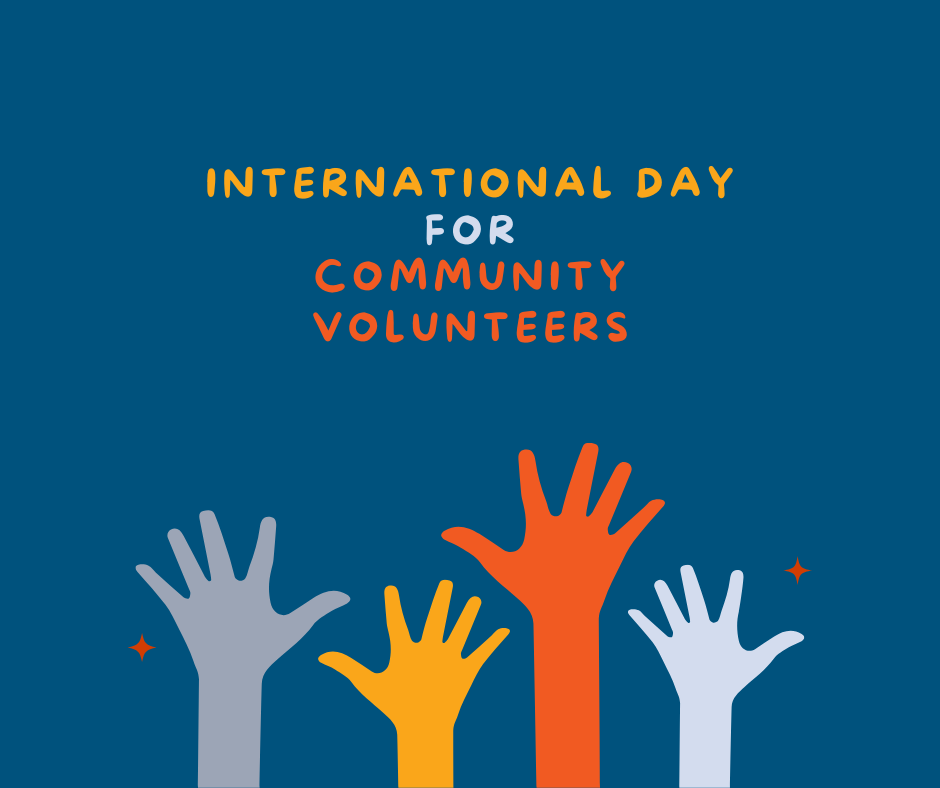Previous Article
News
Fighting radicalisation in Jordan
As many countries around the world, Jordan is also affected by radicalisation and violent extremism. The challenge is even more significant as Jordan is situated in the proximity of Iraq, Syria, Palestine and Israel. Moreover, Jordan is hosting one of the largest refugee camps in the world, Zaatari which is hosting around 80,000 refugees mostly from Syria. Some of the refugees who proved they could earn a living in Jordan were allowed to travel and integrate in the Jordanian society. This refugee crisis is not the first one that put pressure on the Jordanian Government. More than 2 million registered Palestine refugees live in Jordan today. Most of them already have full citizenship [2].
An article by Ioan Durnescu
The geographical position, the melting pot of so many Arab nations and the regional crises and conflicts, exposed Jordan to radicalisation and extremism. Juveniles and young people were, as elsewhere in the world, the most vulnerable groups of people affected by this phenomenon. Some of them were recruited to fight on the ISIS’s side and some of them created violent incidents like the one in Irbid/Jordan. However, many juveniles got involved in the propaganda machinery of the Islamic State.
Once they get into the state’s attention, they need to be treated in line with the international standards and also need to be involved in de-radicalisation and disengagement programs that could facilitate their reintegration into the mainstream society.
EU project
This is one of the aims of the EU pilot project, called ‘Technical Assistance to support the Government of Jordan’s effort to prevent violent extremism’, implemented by the Gesellschaft fuer Internationale Zusammenarbeit (GIZ), Germany.
As part of its capacity-building support the EU-funded pilot project offers the Jordanian stakeholders the technical assistance for preparing and running a specialised rehabilitation center that will work with ‘juvenile offenders with a radicalised background’.
Training of the staff
Together with colleagues from Germany and Spain, I was involved in developing the training for the staff employed by this center. One of the first principles that were agreed was that all staff, including the security and the administrative one, has to be involved in a basic training aiming at developing the most fundamental skills for working with radicalised offenders, and in particular with juvenile offenders. The basic training covered themes such as: how to create a working alliance with an involuntary client, pro-social modeling, problem solving and motivational interviewing. In the second stage, the training included subjects such as risk assessment, cognitive behavioral interventions etc.
Training was delivered in an intensive way and included many role-plays and discussions that would allow beneficiaries to adapt the new knowledge and skills into the Jordanian context. This was actually the most important challenge: how to adapt Western knowledge to the Middle Eastern context. The way we solved it was by involving our beneficiaries in long discussions and debates about how the principles behind our knowledge could be put at use in a different context such as the one in Jordan. In this respect, we are grateful for the enthusiasm and professionalism of our beneficiaries.
Reintegration of radicalised offenders
Besides the training, the EU pilot project supported the concerned Jordanian authority to develop a context-sensitive model for the rehabilitation and reintegration of radicalised offenders, including the standard operational procedures.
In the future, it is hoped that a new project will continue this work assisting the authorities to develop strong links with the families and communities from outside to support the treatment but also to ensure the post-release assistance. It is also hoped that training will continue and mechanisms to transfer training into the daily practice will be developed.
There are small steps but we hope in a constructive direction towards safer communities in Jordan and elsewhere.

Related News
Keep up to date with the latest developments, stories, and updates on probation from across Europe and beyond. Find relevant news and insights shaping the field today.
Recap

CEP Events, Communication and Awareness-Raising
Recap: Conference on Public Perception of Probation
06/05/2025
From 6 to 7 May, the CEP Conference on the Public Perception of Probation in Europe took place in Antalya, Türkiye, bringing together over 100 participants from more than 20 countries. The event offered space for open discussion, exchange of experiences, and practical ideas on how probation is seen and supported across Europe.
New

Probation in Europe
New Interview Online with Felix Gerike, a survivor of a knife attack
01/05/2025
What do victims of violent crime need to recover—and what can be done to prevent such attacks?
In the latest episode of Division_Y, Jo Tein, CEP board member, speaks with Felix Gerike, a survivor of the 2023 Brokstedt knife attack in Germany. Felix played a crucial role in disarming the attacker, helping to prevent further harm. He shares his personal experience, reflections on victim support, and his views on justice and policy responses to violent crime.
Probation in Europe
New Executive Summaries for the report on Building Probation Capacity in Spanish and Italian
01/05/2025
Updated

CEP Board, Probation in Europe
New Interview Online: Maren Michels – The Role of NGOs in Probation
22/04/2025
In the newest Division_Y interview, Maren Michels, director of the Hamburg Welfare Association, shares her experiences and reflects on the vital role that NGOs play in supporting people during and after incarceration.
New

CEP Events
Want to Win a CEP Award? See How Finland Did It – Apply for 2025!
22/04/2025
We’re excited to share an exclusive interview with the winners of the Development of National Probation Services Award from the CEP Awards 2022:
The Prison and Probation Service of Finland.
New

Volunteers
International Day for Community Volunteers
17/04/2025
17 April – International Day for Community Volunteers!
Today, we celebrate the inaugural International Day for Community Volunteers Supporting Offender Reintegration—a day dedicated to acknowledging the vital contributions of volunteers who assist individuals in their journey back into society.
This initiative was launched during the 2nd World Congress for Community Volunteers, held alongside the 6th World Congress on Parole and Probation in The Hague (16–18 April 2024).
At CEP, we’re proud to support the official Declaration on the International Day for Community Volunteers. We’re also actively involved in the CoPPer project—a European initiative aimed at promoting community participation in probation services. CoPPer focuses on training volunteers to support individuals under supervision, helping them access education, employment, and community connections.
A heartfelt thank you to all the community volunteers out there—your dedication makes a real difference.
Subscribe to our bi-monthly email newsletter!
"*" indicates required fields
- Keep up to date with important probation developments and insights.

